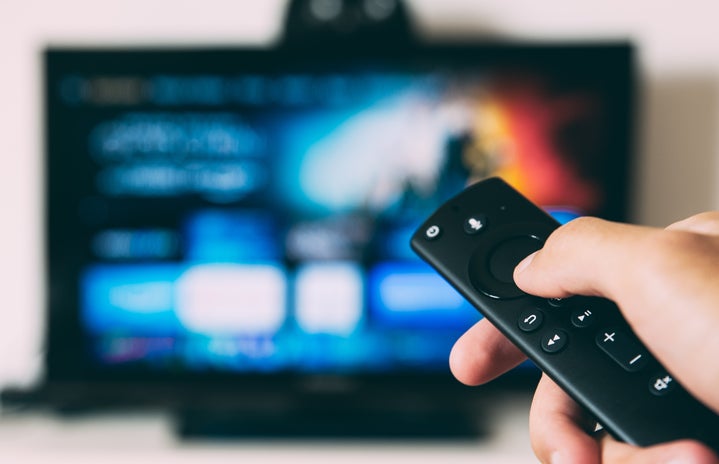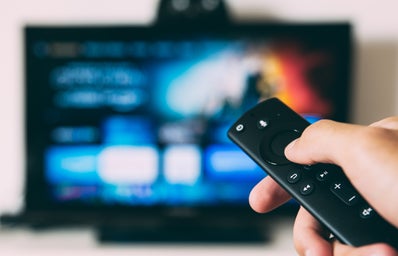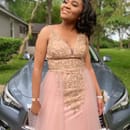Sunday Oct. 24 marked the return of the ever charming and ever relevant show Insecure; and after months and months of a drought I felt renewed as two of my very favorite characters in TV history took the screen for their final season. I was both ecstatic and saddened to realize that the final season was upon us, and then, a thought occured in my mind.
In mainstream media, Insecure is one of the only shows to feature a predominantly Black cast and even further than that, it’s one of the only shows with two main characters who are both dark-skinned Black women.
We have already had shows with Black women, however none check off all of these boxes, and this is a very large issue that TV and film have had for far too long.
Over the past few years we have had the opportunity to get shows like Regina King’s Watchmen where a Black woman heads the show, but the cast is not necessarily predominantly Black. What is to be appreciated in this show is the show’s awareness of how important it was not to exploit Kings’ race as a means to move the story forward. The show is about race in America, and the progression of it for the character. However this is not the main focus of the show.
The conversation of race and how it is handled in TV and film is one that we can talk more in depth about over another article, right now we need to focus on how Black women in particular are either misrepresented or not represented at all.
In shows like Black-ish or Grown-ish, Black women are represented by the palettable Black woman: the often mixed-race, lighter skinned, European adjacent woman. This representation, although it may check some qualification boxes for diversity, does not properly represent the Black woman, as Black women have several different features other than a hair type below 4b and a skin shade no darker than Zendaya’s.
TV and Film have only allowed for one kind of Black woman to be represented and this should not be the case. There can be arguments made that darker skinned Black women have been shown on screen for a while now, but let’s take a look at some of the tropes placed on those women. When darker skinned Black women are shown on screen, they are often there to be a comic relief, or they are taking a backseat to their lighter skinned main character friend: i.e Pam to Gina in Martin, Jazz and Sky to to Zoey in Grown-ish, Joelle to Sam in Dear White People. I could name countless shows where this occurs. For some of these shows it can be argued that the characters have storylines that are just as important as their counterparts, but this simply is not the case. These characters are not lead characters for a reason.
What this representation for these Black women in film creates has real social consequences. The representation on screen directly correlates with social norms and reinforces stereotypes that are placed on darker skinned Black women. Tropes about darker skinned women being loud and obnoxious are some favorites that writers impose on these characters, and in turn, these kinds of ideas are internalized and then they become the ideas that people have of these Black women.
This is a major issue the TV and Film industry has had for years. In a previous article I spoke about POC misrepresentation on screen and I mentioned how Hollywood’s problem with hiring people who better represented the world outside is the biggest reason that POC continue to be misrepresented. The goal for Hollywood is to make TV shows and films palatable for white audiences. The result of this is putting people on screen who are the closest to white as possible, while also dodging allegations of a lack of representation on their projects.
The issue can not be properly addressed until Hollywood takes diversity seriously. Not only do Black women need to be at the helm of writing their stories, but they need to be in the cast and crew as well. Black women need to be writing, producing, and starring on their own shows because it is very clear that the handling of the Black woman on screen for all this time has been done carelessly.
The TV and film industries have reinforced stereotypes, created avenues for only one type of woman, and capitalized on Black trauma all while misrepresenting Black women. The industry is quite the task master if you ask me.
The solution to this issue is simple: hire Black women to tell their stories. Until the TV and Film industries understand that the problem will only persist if it is not handled by hiring diverse candidates to tell stories, the shows and movies we continue to see will have these issues.


